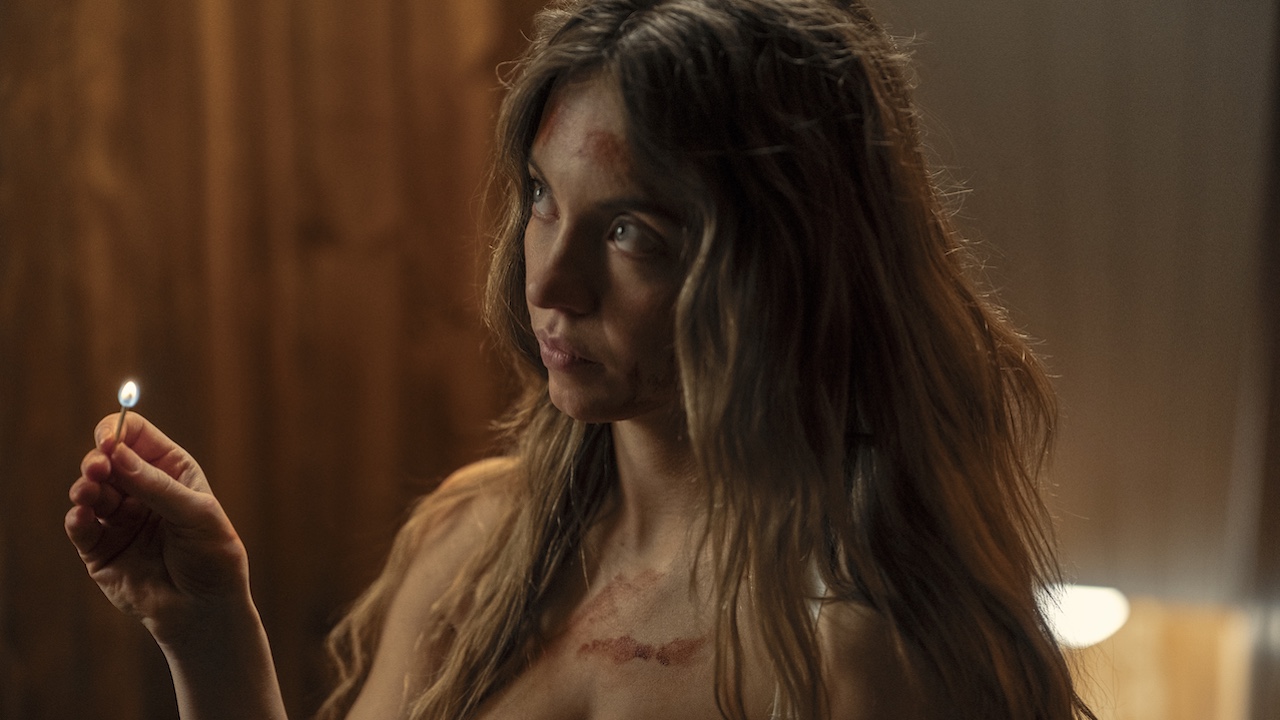Why Boyhood Deserves To Win Best Picture

Though individual tastes make it so that ever person on earth has a completely different concept of what makes a great movie, surely one element that can be appreciated universally is simple idea of a film delivering something new. None of us enjoy seeing the same characters and stories over and over again, and it’s when a filmmaker tries and succeeds at doing something different that we all stand up and take notice. Perhaps even more effective than showing something new, however, is the power to make audiences feel something new, emotionally connecting us to a piece of big screen fiction unlike anything before. It’s a rare and magical thing for any movie to do both, but that’s exactly why Richard Linklater’s Boyhood deserves to take home this year’s Academy Award for Best Picture.
There are multiple critics who have painted Linklater’s film as little more than a gimmick, arguing that the 11-year process that it took to get the film made ultimately overshadows anything else it brings to the table, but that’s a very narrow mindset. In the making of Boyhood, the director not only took a rather radical and impressive approach to both story and structure – ignoring the standard in favor of something more complicated and realistic – but also discovered a whole new approach to getting a deep empathetic response from an audience. The fact that these elements worked together in harmony after an incredibly long and risky production is actually nearly miraculous, and as the complete package is the argument for why it should be given Hollywood’s highest honor this year.
While most coming of age stories carve out one huge moment in a lead character’s life that catapults them from childhood to adulthood, Boyhood is truly the complete opposite of that convention, but still uses its compelling year-by-year structure to create a movie that is as dramatic, funny, and compelling as any other best example of the genre. Without the aid of any kind of larger arc driving all of the various plot strings of the film, what Linklater does is provide key slices of life that tell us everything we need to know about all the characters at a certain age, while expertly trusting the audience to fill in the gaps and understand the full breadth of the story. When packaged together with expert pacing that ensures that no moment feels ancillary and that each character gets proper exposure, the result is actually a piece of narrative genius that probably shouldn’t work nearly as well as it does.
It’s that same pacing that makes Boyhood’s near three hour runtime feel reasonable – but what’s kind of crazy is that same runtime actually seems short in light of the immense emotional impact that the movie inevitably has on the viewer. By the time Ellar Coltrane's Mason is all grown up and heading off to college to start his adult life, you can’t help but feel like you’re saying goodbye to someone that you’ve known for years. We’ve seen this kind of emotional pull in fiction before, whether it’s the series finale of a long running television show, or the final chapter in a storied big screen franchise, but for Richard Linklater to achieve that kind of feeling in just one feature is unprecedented and beyond impressive.
It’s ultimately a film’s story and style that should be the factors that determine a title’s worthiness to be named Best Picture at the Academy Awards, but in the case of Boyhood, the approach that Richard Linklater took to the material is just icing on the cake. In planning to make a movie over the course of more than a decade, the director not only opened himself up to all kinds of potential catastrophes, but was also forced at each step along the way to really trust that he had all of the material he needed in order to construct a cogent, entertaining story. Given the amount of risk involved, there was every chance that what could have come out at the end was a total disaster, but the fact that it wound up being one of the best movies of 2014 puts it on a pedestal above the rest of the competition.
It is perhaps the greatest tradition of the Oscars to award the film that is conventional and fits into the organization’s rigid sensibilities, but this year they have the opportunity to crown a film that is unique in every facet, from its storytelling to its emotional impact to its production. Boyhood deserves to win this year’s Best Picture prize, and it would be a significant shame if it didn’t get recognized.
Your Daily Blend of Entertainment News

Eric Eisenberg is the Assistant Managing Editor at CinemaBlend. After graduating Boston University and earning a bachelor’s degree in journalism, he took a part-time job as a staff writer for CinemaBlend, and after six months was offered the opportunity to move to Los Angeles and take on a newly created West Coast Editor position. Over a decade later, he's continuing to advance his interests and expertise. In addition to conducting filmmaker interviews and contributing to the news and feature content of the site, Eric also oversees the Movie Reviews section, writes the the weekend box office report (published Sundays), and is the site's resident Stephen King expert. He has two King-related columns.
